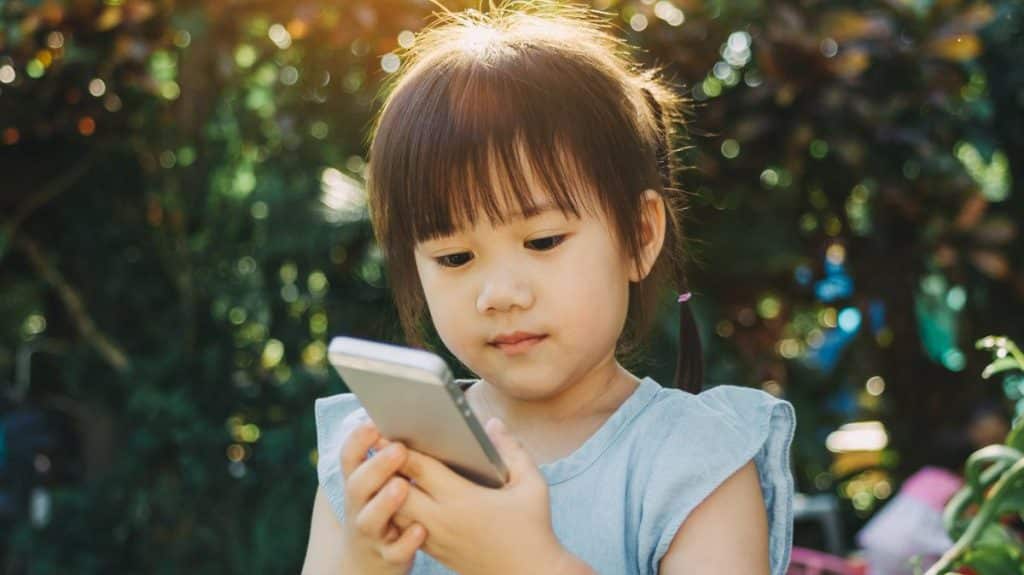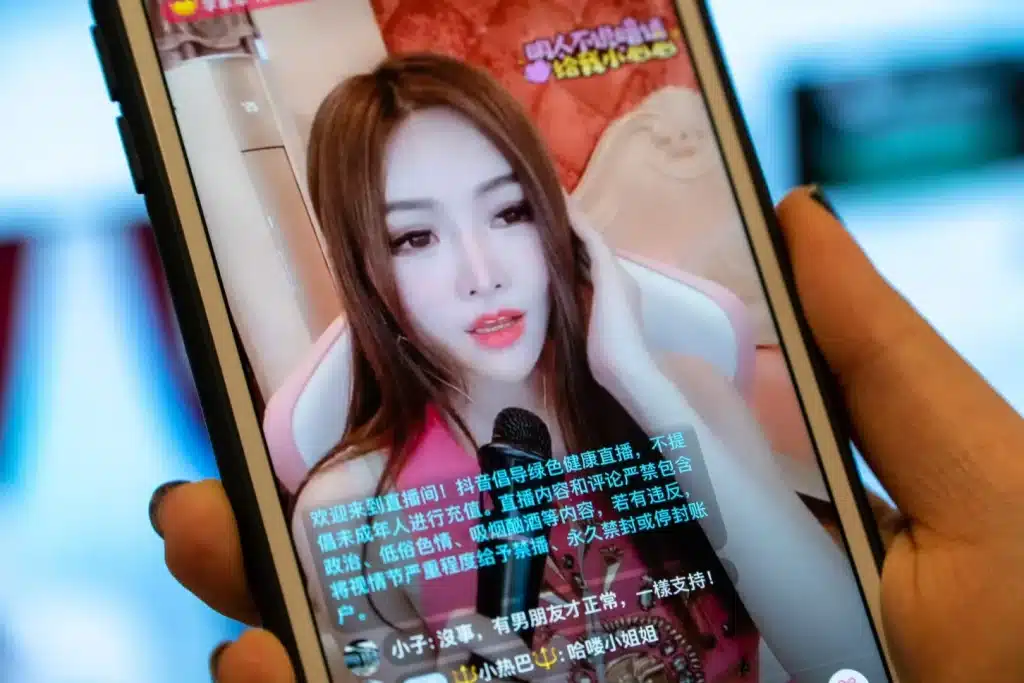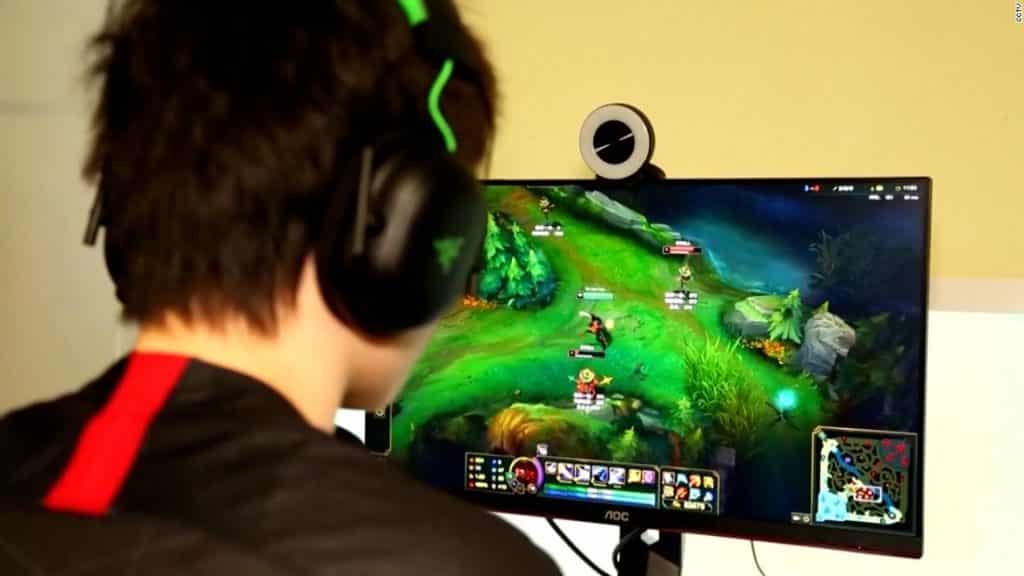In China, social networking applications are evolving at a rapid pace. Some important changes have been implemented by the country’s biggest app developers as a result of a government effort to curb app addiction, particularly among children. TikTok has been especially active in its translation into Chinese, which is called Douyin. Its app now includes convenient features such as time limitations, break times, and blackout hours.
China’s authorities ordered these reforms after seeing how social media applications were reducing the number of time children had to spend in school and socialize. A wager is being placed on their ability to focus and persevere, rather than on their ability to be creative and digitally literate. A spontaneous study to see whether unrestricted use of social media benefits or harms children is about to take place, and it will be unparalleled. As a look at some of the main developments going place in China’s social media landscape, here are some of the tradeoffs:
Contents
1. TikTok 40 Minute Rule
The Chinese counterpart of TikTok, Douyin, restricts daily usage to 40 minutes for children. Bytedance, the creator of Douyin and TikTok, said that all minors under the age of 14 will fall within the restriction. An inquiry about whether the latter had similar objectives went unanswered.
2. The Curfew of 10 p.m. — 6 a.m
During the hours of 10 p.m. and 6 a.m., the Douyin application will not function for children under the age of 14. Tristan Harris, director of the Center for Humane Technology, says that these curfew periods reduce the social pressure for youngsters to engage in social media discussions that continue into the wee hours of the morning. In an interview with Joe Rogan the other week, he stated, “It’s almost as if Xi Jinping had seen the Social Dilemma. You feel forced to be on social media if everyone else is. You can get some shut-eye if no one else is using the Internet.
3. The Introduction of Educational Content
Educative material will be shown to children on Douyin. Science experiments, museum exhibits, landscapes, and historical events will all be included in the broadcast, according to the business. This might be used as propaganda. Douyin students’ interests in science and the arts may be piqued as a result.
4. Video Game Ban
By outlawing video games for children beyond the three hours timeframe on the weekends, the nation gained heavy notoriety this summer. Many video game obsessions may be broken by a ban, but it’s a hazardous move. When it comes to the so-called Metaverse, where individuals communicate as avatars in shared places online, video games are the beginning. Even on sites like Roblox and Fortnite, young people are already experiencing this truth. When it pertains to adapting to and succeeding in this new digital environment, disconnecting children from video games might possibly put them behind.




